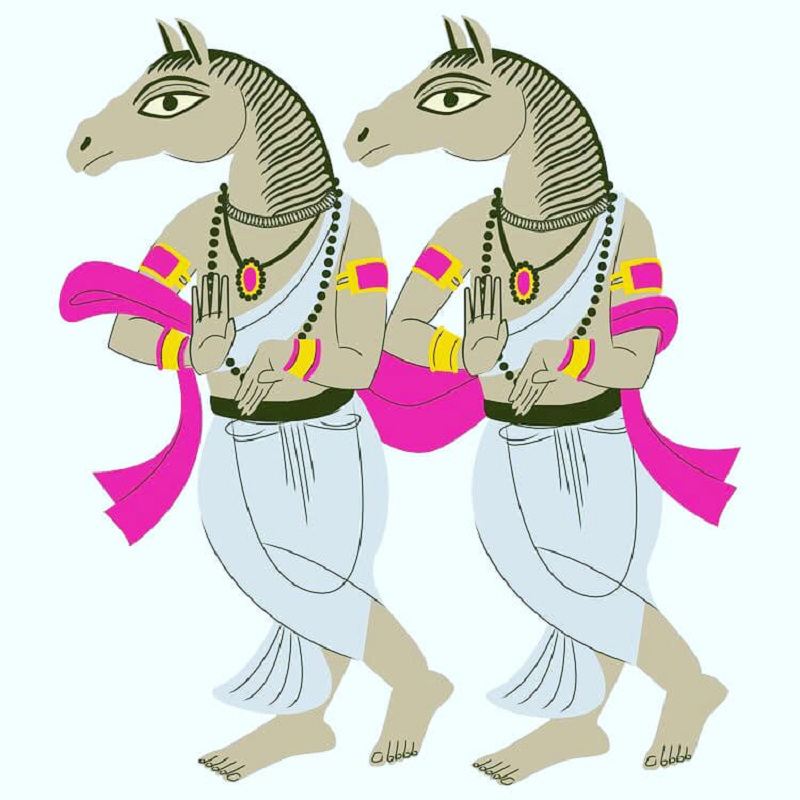Psychology: In our everyday life, we have to take many such so-called minor, meaningless decisions. People often feel silly for overthinking such minor decisions.

Mental Health: Almost every morning we have to face the same dilemmas. For example, one should kiss his wife and wake her up or let her sleep for a long time. Should I get up or press the alarm button? And I have the same dilemma even before drinking the first cup of coffee.
In our everyday life, we have to take many such so-called small, meaningless decisions. People often feel foolish for overthinking such trivial decisions, but research shows that there are many logical reasons for thinking this way. Understanding why you feel so stressed out by small decisions like these can help you learn what to do about it.
It is difficult due to having more options
Sometimes it is difficult for us to compare and differentiate them due to having more options. Economics scholars have long supported the notion of having more choices. But in 2000, American psychologists Sheena Iyengar and Mark Leeper challenged this idea.
In one of his studies, he set up a table in a supermarket to test jams. Jam sold more when consumers were given fewer options. When customers were offered a choice of six flavored jams, about 30 percent of consumers purchased jam, while only three percent of consumers made a purchase when offered a choice of 24 flavored jams.
Based on these findings, American psychologist Barry Schwartz has argued in his book that having many options can increase people's restlessness. Research has focused on the relationship between people's decision-making strategies and their well-being. Researchers have identified two major decision-making strategies: maximizing and satisfying. Maximizing is the tendency to explore many options and find the best option.
The term satisficing, introduced by Nobel laureate Herbert Simon, refers to a strategy that ends when an acceptable alternative is found. Maximizing and satisfying have been linked to personality traits. Some people go to the highest extent and others become satisfied.
Maximizing people tend to experience more regret after making decisions than other people. The study did not examine major life decisions about marriage or health but focused on everyday decisions.

William James, one of the great thinkers of the 19th and 20th centuries, indicated that habits help us deal with these complexities. Taking the time to create habits can prevent you from overthinking everyday decisions. Waking up every day at a fixed time, kissing my wife, and then making coffee has become a habit that has helped me avoid overthinking these activities.










